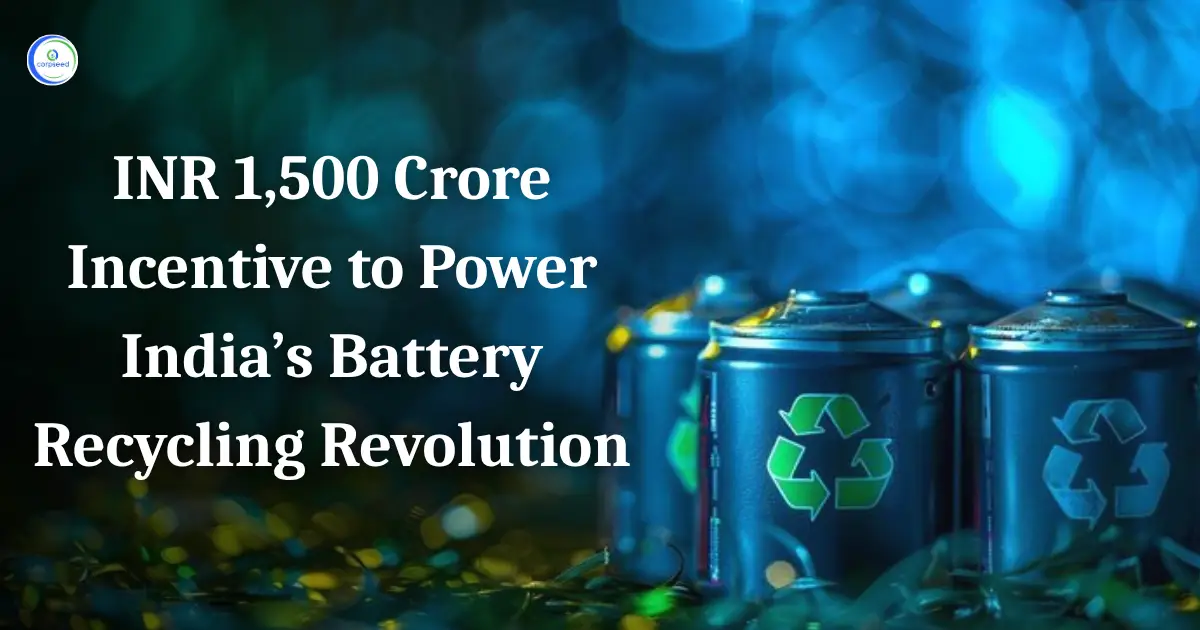India’s battery recycling sector is entering a significant growth phase. IMARC Group values the market at USD 554.4 million in 2024, with projections reaching USD 1,304.1 million by 2033. This rise demonstrates India’s push for clean energy and a stronger circular battery ecosystem.
Table of Contents
Government support is driving momentum. The Ministry of Mines, through NCMM, has launched an INR 1,500 crore incentive scheme for recyclers of e-waste, lithium-ion batteries, and end-of-life vehicles. The removal of customs duty on waste and scrap in 2024 is also helping enhance feedstock availability.
Challenges Clouding the Industry’s Rapid Expansion
Despite strong momentum, the industry faces growing challenges. The shift toward Lithium Iron Phosphate (LFP) batteries has minimized access to high-value materials. Stricter global waste trade rules are adding pressure. Smaller recycling companies are struggling the most due to feedstock shortages and rising operational costs.
Debmalya Sen, President of the India Energy Storage Alliance (IESA), said India is at a “crucial juncture” in developing a resilient and circular battery economy. He stressed the requirement for policy clarity, better incentives, and closer cooperation between government and industry.
IESA Pushes for Policy Clarity and Stronger Standards
IESA is urging clearer policies and robust standards to speed up India’s battery waste recycling growth. Shreya Sikarwar emphasized the need for improved eco-design and robust traceability, stating that global best practices can help India lead Asia in accountable mineral recovery.
The recommendations call for defined roles under the Battery Waste Management Rules, an Eco-Mark for recyclable designs, global safety standards, sustainability certifications, standardized handling of black mass, accredited laboratories, and blockchain-based traceability. IESA also suggests lower GST rates, improved green financing, and greater consumer awareness.
India’s battery recycling sector is emerging fast, supported by strong policies and rising clean-energy requirements. With clearer rules and modern standards, the country can create a stable, transparent, and globally competitive circular battery environment.
This portion of the site is for informational purposes only. The content is not legal advice. The statements and opinions are the expression of author, not corpseed, and have not been evaluated by corpseed for accuracy, completeness, or changes in the law.

